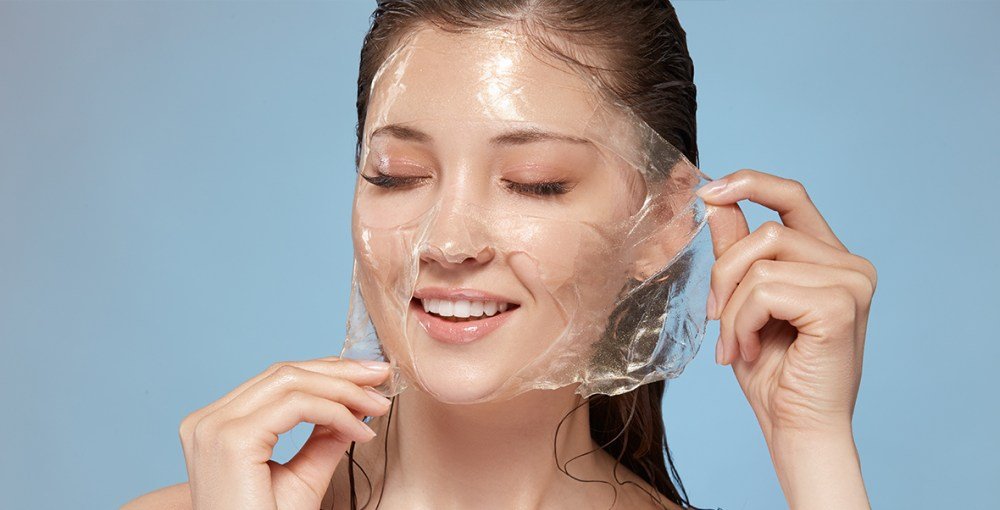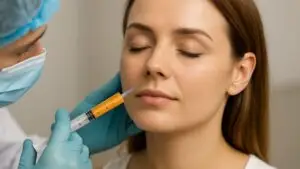The Best Skin Peels for Pigmentation: Expert Insights by Dr Ali Soueid
Pigmentation is one of the most common skin concerns in Qatar, often triggered by sun exposure, hormonal changes, or post-inflammatory responses. Whether it’s melasma, sunspots, or uneven skin tone, chemical peels remain one of the most effective treatments for improving skin clarity and brightness. In this expert guide, Dr Ali Soueid—renowned consultant plastic surgeon in Qatar, Dubai, London, and Beirut—explains how skin peels work, which ones are most effective for pigmentation, and how to choose the right treatment for your skin type.
What Causes Skin Pigmentation?
Pigmentation occurs when melanocytes (pigment-producing cells) produce excess melanin. Common causes include:
- UV exposure (sunspots, freckles)
- Hormonal changes (melasma during pregnancy or due to birth control pills)
- Inflammation (acne scars or skin trauma)
- Genetics and ageing
While sunscreen and topical treatments help prevent worsening, in-office treatments like skin peels can significantly lighten existing pigmentation.
How Chemical Peels Treat Pigmentation
Chemical peels use controlled exfoliating agents to remove the top layers of skin, stimulating cell turnover and revealing fresher, more even-toned skin beneath. They can:
- Break down excess melanin
- Improve skin texture and tone
- Boost collagen production
- Enhance penetration of skin-lightening serums
The key lies in choosing the right peel for your skin type and pigmentation type.
Best Chemical Peels for Pigmentation
| Peel Type | Key Ingredients | Best For | Pros | Considerations |
|---|---|---|---|---|
| Glycolic Acid Peel | Alpha hydroxy acid (AHA) | Mild sunspots, dull skin | Gentle, promotes glow | May require multiple sessions |
| Salicylic Acid Peel | Beta hydroxy acid (BHA) | Pigmentation from acne, oily skin | Anti-inflammatory, unclogs pores | Not ideal for very dry or sensitive skin |
| Lactic Acid Peel | AHA derived from milk | Sensitive skin, melasma | Hydrating, mild exfoliation | Mild effect, needs regular use |
| TCA (Trichloroacetic) | Medium-depth acid | Deeper pigmentation, sun damage | Stronger results, fewer sessions | Downtime, requires expert supervision |
| Cosmelan/Dermamelan | Combination peel & depigmenting cream | Melasma, hormonal pigmentation | Medical-grade, highly effective | Must be prescribed and followed by strict aftercare |
| Jessner’s Peel | Salicylic acid, lactic acid, resorcinol | Acne pigmentation, uneven tone | Moderate-depth peel, great for acne-prone skin | May cause peeling for several days |
| VI Peel Precision Plus | TCA, phenol, retinoic acid, vitamin C | Resistant melasma, dark spots | Minimal downtime, powerful blend | Requires specific post-care products |
Which Peel Is Right for You?
Not all pigmentation is the same. Choosing the right peel depends on:
- Skin tone and sensitivity
- Type of pigmentation (melasma vs sunspots vs PIH)
- Previous treatments
- Downtime tolerance
For example:
- Melasma often responds better to Cosmelan or VI Peel rather than glycolic peels.
- Acne-related pigmentation may benefit more from salicylic acid-based peels.
At Dr Ali Soueid’s clinic in Qatar, each patient undergoes a personalised skin assessment before recommending a tailored peel protocol.
Post-Peel Care: Essential for Results
To maximise results and minimise risks:
- Avoid sun exposure for at least 7–10 days
- Apply broad-spectrum SPF 50+ daily
- Use gentle, non-irritating skincare
- Avoid picking or peeling flaking skin
- Follow up with brightening serums as advised
Downtime varies by peel strength. Mild peels may cause redness or dryness for 1–2 days; medium-depth peels (e.g. TCA, Cosmelan) can involve 5–7 days of peeling.
Why Choose Dr Ali Soueid’s Clinic in Qatar?
Dr Ali Soueid offers advanced, medical-grade skin peels under expert supervision in Doha. His aesthetic and reconstructive expertise ensures:
- Tailored treatment plans for your skin type and pigmentation
- Safe application of medium and deep peels
- Proven experience managing post-peel complications
- Follow-up care including cosmeceutical-grade skincare and laser alternatives when needed
Final Thoughts
Chemical peels remain one of the most effective treatments for pigmentation when chosen wisely and performed by qualified professionals. If you’re seeking brighter, more even-toned skin in Qatar, schedule a consultation with Dr Ali Soueid to explore the best peel options for your needs.




